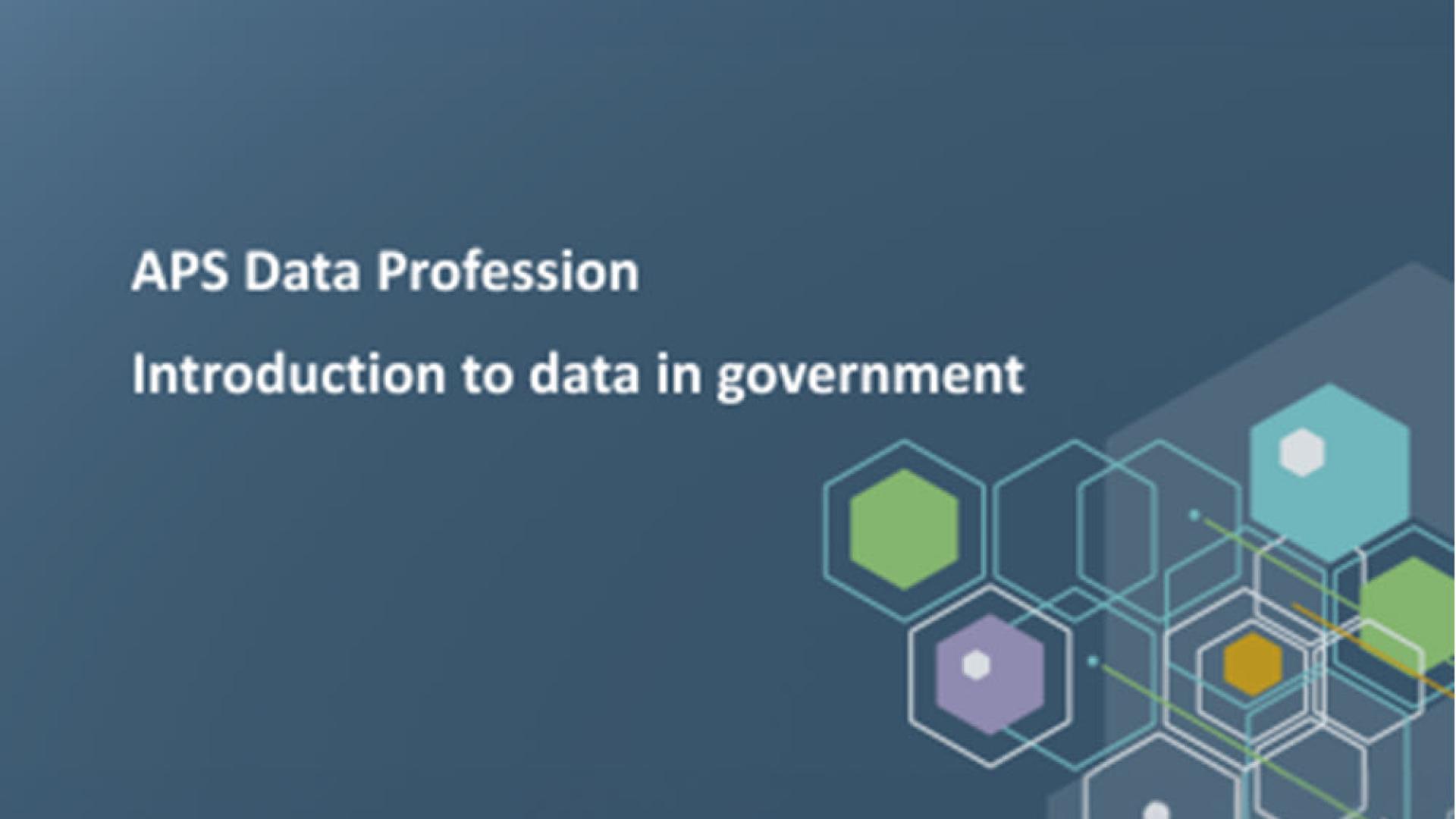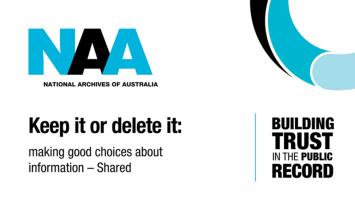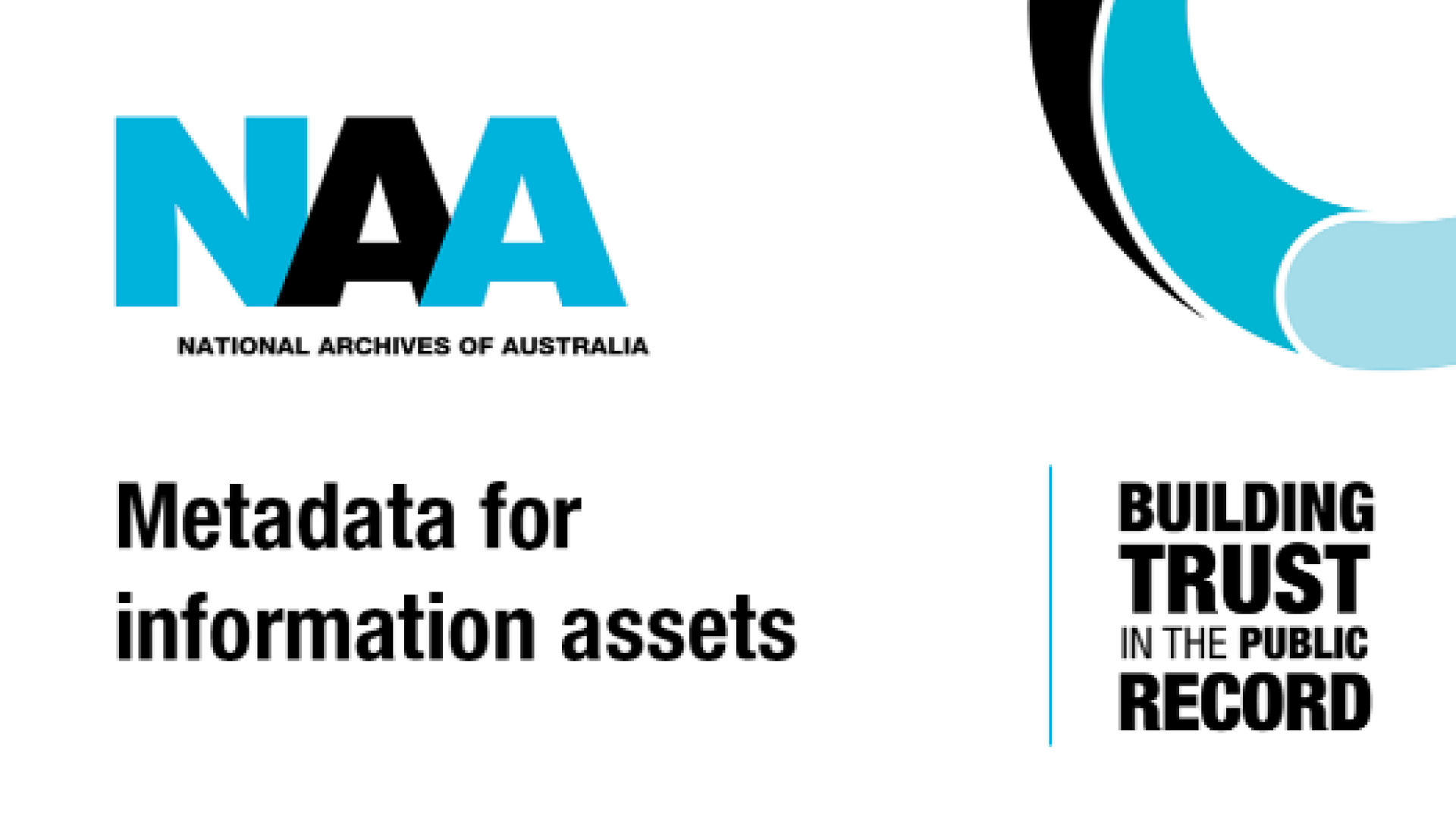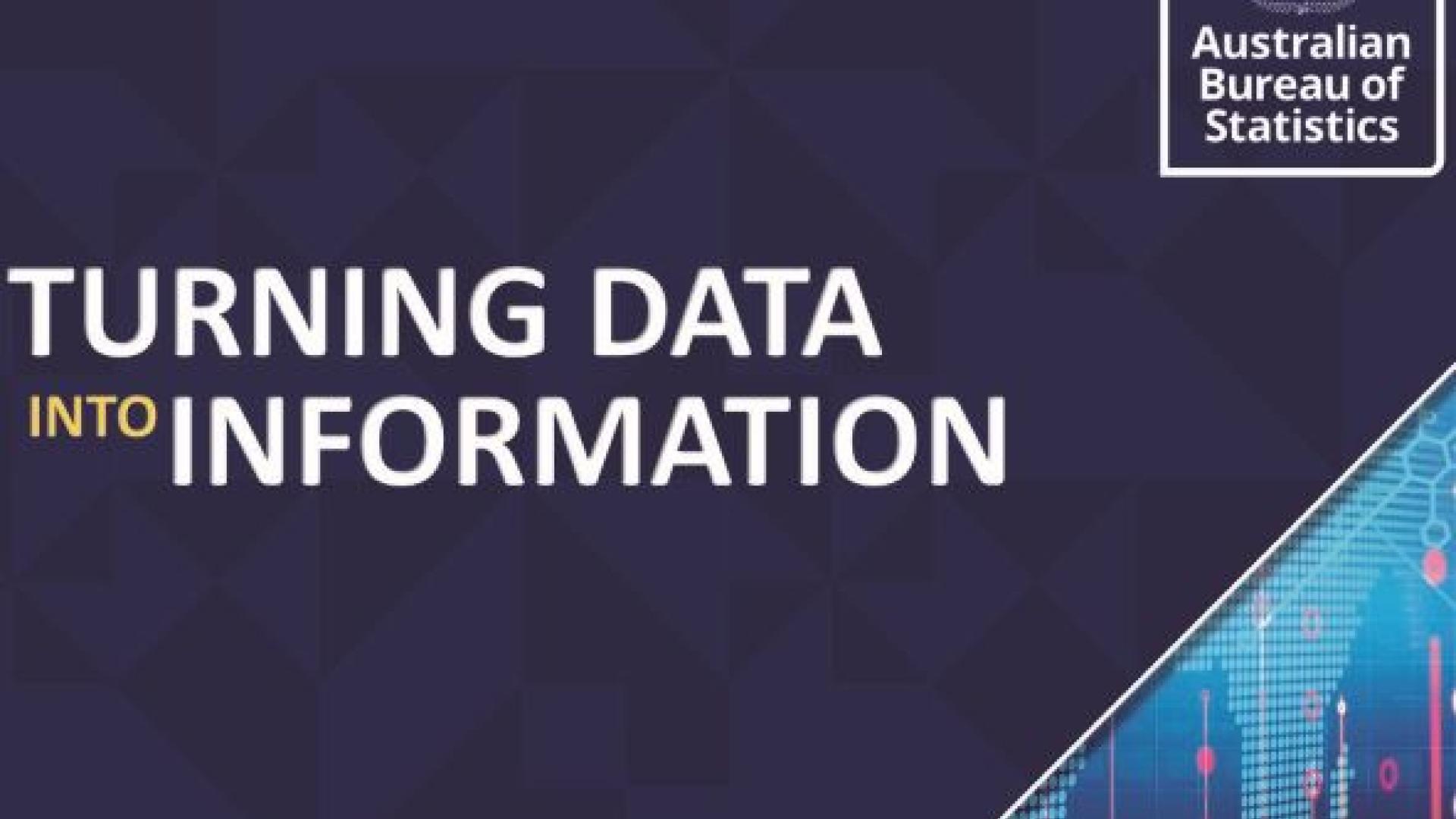AI brings new cybersecurity risks. Learn the top vulnerabilities facing businesses today and how leaders can proactively protect systems and data in an AI-driven world.
Data
Latest news

Published
Sonali Varma, an Australian Institute of Health and Welfare graduate passionate about mental health, shares her experience in the APS and her journey to a Rhodes Scholarship.

Published
The future is looking bright for accountants with the right skills, as organisations expect more strategic input. What skills and knowledge areas are essential for success in 2026 and beyond?
Upcoming events

The Evaluation Profession stands at an exciting crossroads. Join our panellists as they unveil a groundbreaking new strategy that will shape the future of evaluation across the public sector.
Courses

This learning offering provides a clear, consistent understanding of how AI works and what to consider when making responsible choices.

This course provides participants with an understanding of data’s role within government, including principles of data security, ethical data use, and the importance of evidence-based decision-making and data storytelling to inform policy and service delivery.

National Archives of Australia provides guidance on information storage decisions. It provides advice about the different types of business information agency staff and contractors can or can't destroy as part of their daily work.

This course is provided to increase awareness and skills for Australian Government (Commonwealth) agencies to make use of metadata to help manage information assets (data, information and records).

This course is designed to enhance data leadership knowledge and capability, focusing on the role data plays in the work of the public service and critical issues that impact on the availability, integrity and use of data.

The Turning Data Into Information course is designed to build your analytical skills and equip you with a range of statistical tools and techniques that will help you both understand and analyse data in the context of a research question or issue

The Foundations of Net Zero Emissions Reporting course is intended to enhance understanding of the reporting requirements under the Climate Action in Government Operations.
Resources
Tools, guidance and resources to support staff in understanding, valuing and practicing good record keeping - ensuring continued delivery of trusted and transparent services.
Interact, communicate and collaborate through digital technologies while being aware of cultural and generational diversity.
The Protective Security Policy Framework (PSPF) prescribes what Australian Government entities must do to protect their people, information and resources, both domestically and internationally.
The Evaluation Profession encourages you to develop critical skills in evaluation. Those skills contribute to shaping programs and policies that make a difference. By joining you will contribute to fostering accountability, transparency and continuous improvement.
A content strategy sets the foundation for the creation, structure and governance of content. You should apply a content strategy when building new services or redesigning web content, or for big changes such as machinery-of-government updates.
The Data, Digital and Cyber Workforce Plan provides a coordinated approach to attract, develop and retain people with skills in these areas of growing need.
Identify needs and problems, and resolve conceptual problems and problem situations in digital environments.
Protect devices, content, personal data and privacy in digital environments.
Articulate information needs, to locate and retrieve digital data, information and content.
Embed digital by default by promoting and championing digital ways of working.
Create and edit digital content, improve and integrate information and content, and understanding how copyright and licences are to be applied.
Learn more about GovAI and the AI tools available to the APS.
Building APS capability to use futures techniques in policymaking through horizon scanning, visioning and scenario planning.
This course provides a platform for users to access public policy research as well as provide information on upcoming learning, events and networking opportunities.
A directory of behavioural economics and behavioural science academics.
Services Australia’s Program Practice Frameworks can be used as standalone resources, or as suite of connected products to support staff when managing programs and projects, engaging with stakeholders and conducting analysis. The Frameworks feature focus areas which include a set of guidelines, applied tools, resources and links to other relevant and appropriate materials.
The APS Academy has through Cathy Fussell created a series of, ‘How to…’ articles to provide guidance on what information and avenues are available.
This video was recorded in May 2022 at the APS Academy’s Craft Conversations event for the Digital and Data Professions. In it, the Head of the Data Profession and the Head of the Digital Profession share their experiences of the APS.
This video is recorded from the APS Academy's Craft Conversations event for the Data Profession month in June 2022.
For designers of digital services, the Australian Government Digital Service Standard sets out the best-practice principles that are simple, clear and fast.
The APS Data Professional video library includes the series ‘In Conversation with Dr Gruen’ along with past Data Profession Technical Forums. Hear about the experiences and lessons learned by agencies and data professionals in the Australian Public Service (APS).
Data.gov.au is the central source of Australian open government data. Anyone can access the anonymised public datasets, publicly-funded research data and datasets from private institutions that are in the public interest.
Using data and digitisation for oversight and enforcement is increasingly part of the work of most regulators. This recorded panel discussion gives an overview for regulators who are not data specialists. Recorded in May 2022.
The Framework is a guide for agencies, employees and managers as they build data capabilities, manage workforce requirements and develop careers.
Find information on why accessibility is in the Digital Service Standard and how you can meet the Standard through applying accessibility principles in the Discovery, Alpha and Beta stages of design.
The 2030 vision from the Australian Government is to deliver simple, secure and connected public services, for all people and business, through world class data and digital capabilities.
The Federal Register of Legislation (the Register) is the authorised whole-of-government website for Commonwealth legislation and related documents.
Nesta's online toolkit provides tools and resources to encourage innovative policy development.
A one page template to plot out how your policy is intended to work. It will help you understand the relationships between resources, activities and outcomes of the policy, which is critical to a successful evaluation.
A template to plan out your evaluation, including the questions you’ll ask and what data you’ll collect.
A menu of questions to inform your evaluation strategy.
A twelve page template to document your evaluation strategy.
The ‘Integrity Good Practice Guide’ includes a range of practical examples of how you can contribute to a pro-integrity culture.
This Australian Government resource is designed to build evaluation into everyday practice across the APS.
Accessibility is a mandatory standard for government agencies. Understand agency responsibilities and commitments and access guidance on designing accessible and inclusive content that is respectful of our diverse nation.
Information on the four principles of WCAG, including tips on how to design web content to ensure that it is perceivable, operable, understandable and robust.
Digital Profession quick guides help you with basic concepts and ideas to integrate modern ways of working in your organisation.
Join a community of data and digital professionals at all levels of government. Connect with your peers, access training and learn from community meetups.
The Office of the Australian Information Commissioner (OAIC) has a suite of learning resources to help you understand your responsibilities under Privacy and Freedom of Information legislation.
The Office of the Australian Information Commissioner (OAIC) is the independent national regulator for privacy and freedom of information.
The Digital Transformation Agency provides guidance on the Service design and delivery process to support agencies to meet the Digital Service Standard criteria.




